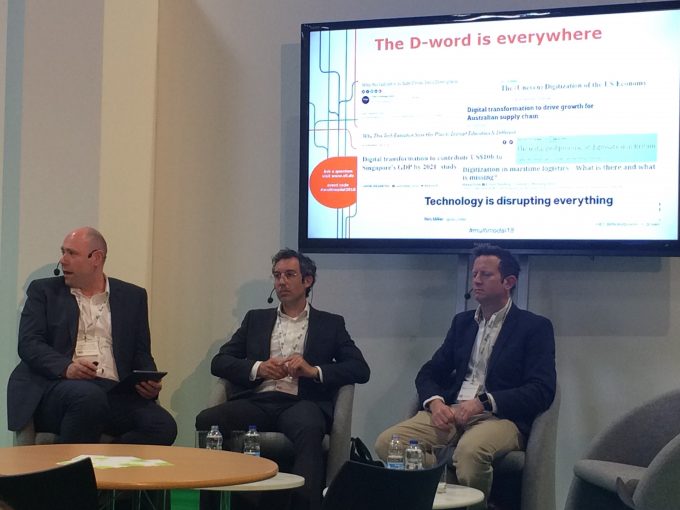(Hopefully) WiseWhite goes bottom fishing with E2open
Tech M&A never seen before in logistics

Technology providers have urged shippers and freight forwarders to embrace the wave of digitisation and disruption sweeping across logistics and supply chains –or face “getting squashed”.
Simon Clark, vice president of business development for WiseTech Global, told delegates at yesterday’s Multimodal event in Birmingham that some two-thirds of UK ...

Comment on this article
James Howard
May 30, 2018 at 5:54 pmCompanies HAVE to adapt to the digital and technological era, there’s no way around it.